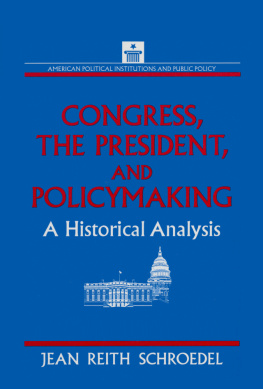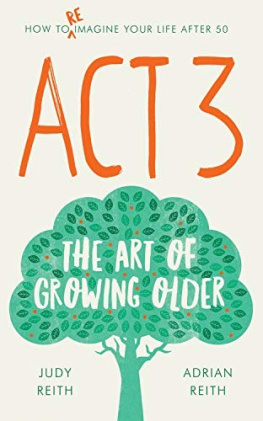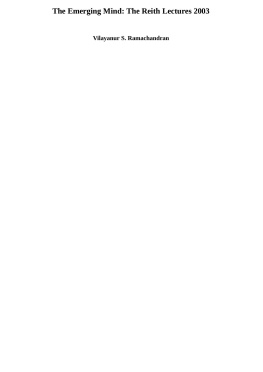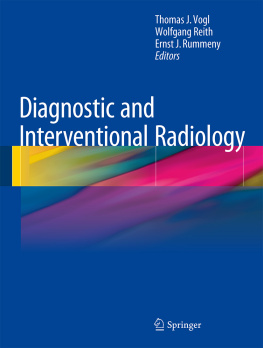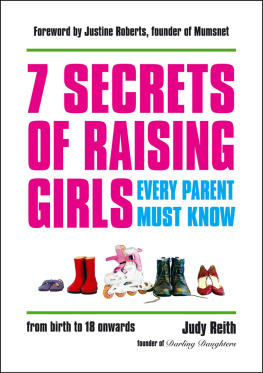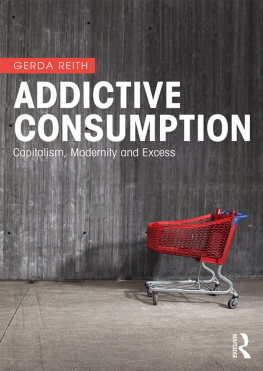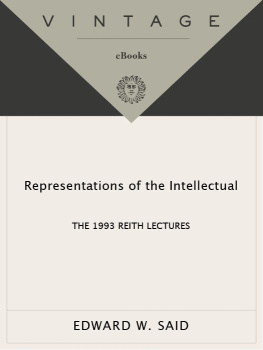MELBOURNE UNIVERSITY PRESS
An imprint of Melbourne University Publishing Limited
1115 Argyle Place South, Carlton, Victoria 3053, Australia
www.mup.com.au
First published 2015
Text Peter Reith, 2015
Design and typography Melbourne University Publishing Limited, 2015
This book is copyright. Apart from any use permitted under the Copyright Act 1968 and subsequent amendments, no part may be reproduced, stored in a retrieval system or transmitted by any means or process whatsoever without the prior written permission of the publishers.
Every attempt has been made to locate the copyright holders for material quoted in this book. Any person or organisation that may have been overlooked or misattributed may contact the publisher.
Cover design by Philip Campbell Design
Typeset by Typeskill
Printed in Australia by McPhersons Printing Group
National Library of Australia Cataloguing-in-Publication entry
Reith, Peter, 1950 author.
The Reith papers/Peter Reith.
9780522862676 (hardback)
9780522862683 (ebook)
Includes index.
Liberal Party of Australia.
National Party of Australia.
AustraliaPolitics and government19902001.
320.994
Introduction
I N MY BY-ELECTION campaign in 1982, my political handler, Grahame Morris, said I should take a small writing pad wherever I went, and whenever someone asked me to do something, I should write it down and say, I will take this matter up when I get to Canberra.
I never stopped writing.
But it wasnt just for voters. I had other reasons for keeping notes. Although I came from a political background, I felt I had to work at understanding the big issues. So I used to write down the arguments for and against any proposed policy or action. In 1988, while in the shadow cabinet, I was following waterfront issues and wrote pages and pages summarising various reports advocating reform, which would prove useful ten years later when I was minister for industrial relations. I continued to make notes on every subject, including details both big and small, once we were in government. I also used my notebooks as leader of the house. I would get to Canberra on the Sunday night and write down the agenda for the forthcoming week. When I walked into the PMs office for the 8.30 am tactics meeting, I was prepared with my notebook.
I didnt write every day, though. Often I had no time. I didnt write much in the Fightback days. With Hewson and our team of economists wed often meet for discussions after the house finished late and keep going until the early hours of the morning, putting together what would become the 650-page policy document Hewson would take to the polls in 1993. This left little time for journal writing. I kept some notes during the waterfront confrontation, but they were brief. During this period my PA and close friend Jackie Jurd kept newspaper clippings for me, but I was under sustained pressure for months and months and probably a bit too stressed to write a lot in the middle of a huge bunfight with the wharfies. I pasted in the clippings and sometimes letters or faxes, occasionally making notes of my thoughts and reactions alongside them. Other times, I just wrote for the heck of it. I kept an article given to me by Alex Downer on why bald-headed politicians rarely became leader. (He was right: he still has more hair than me and he did become leader.)
One reason I kept notes was that I thought one day I might write a regular column and it would be useful to have a few stories of what had happened in the past to draw on. This proved prescient: my notebooks occasionally provide stories from the distant past for the columns I currently write for the Sydney Morning Herald, and show there is not much new in politics.
I didnt originally plan to publish my journal entries in memoir form. After parliament, in 2003 Peter Costello appointed me as an executive director at the European Bank for Reconstruction and Development. The work at the bank gave me the chance to put politics behind me and it kept me busy. It wasnt until I returned to Australia in 2009 that I reflected on politics and I had the time to consider writing a book about my experiences. Tim Fischer, deputy prime minister under Howard, has regularly encouraged me to write my memoirs, on the grounds that Coalition MPs dont write enough about what really happened on the inside during those years. He is probably right on that score. But perhaps my main reason for writing this memoir is I reckon it is better to write your own story than to have someone on Twitter or Wikipedia do it for you.
By the time I left parliament, I had more than 120 notebooks most of them the blue notebooks I wrote in frequently, but also red notebooks, which I used for overseas trips. Each extract quoted is identified by a notebook number and a page number. For example, the entry labelled 18BNB118 comes from blue notebook number 18, page 118. RNB numbers refer to entries made in the red notebooks I used when travelling. These notebooks form the basis of this book, and are quoted more or less verbatim. The notes are presented as I wrote them at the time. I have not changed the text in any way that would alter the sense of what I was saying, but only to clarify my meaning. However, because of the abbreviated nature of some of the entries or the extensive editing that was needed to cover some years or events, I have written around the original entries to give context. Fortunately I had enough material to ensure that the contemporary comments reflect the situation at the time. I had imagined I might refer to my notebooks often in my post-parliamentary life, but most of the notes have remained unread until recently. Its not easy to explain the experience of rediscovering your thoughts of twenty years ago or more. At times, I was surprised by my comments and have wrestled with the issue of making public some personal comments. But in the end I decided I couldnt write a memoir based on diary entries if I excised the bits that some people may not appreciate. There were very few people in politics that I didnt like; the fact that no one is perfect is no reason not to tell the story as it happened.
I am proud to have been a member of the Howard government and one big reason for that was that we knew what had to be done right from day one when we took office in 1996. We wanted to improve living standards significantly and give people the chance to work, but what we achieved in the first two terms was extraordinary. Howard was a good people manager and committed to reform. Costellos first budget cut spending, bringing the budget into surplus and keeping it there. Reforms to the relationship with the Reserve Bank were important per se but also sent a strong message that the government knew how to manage a modern economy. Then, to cap off a huge year, by Christmas we had negotiated with the Democrats to pass the biggest reforms to industrial relations in decades. By the end of its second term, the government had taken on and succeeded in introducing not just any tax reform but a goods and services tax: probably the most difficult policy challenge there is. By 2000, Australia was on track for the best living standards and job conditions in many years.




